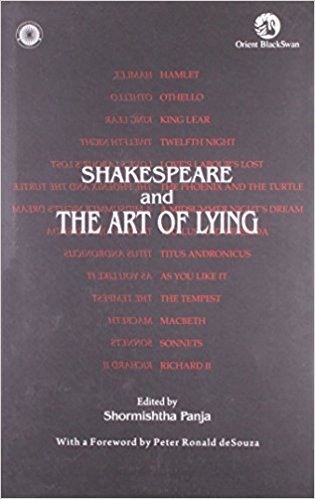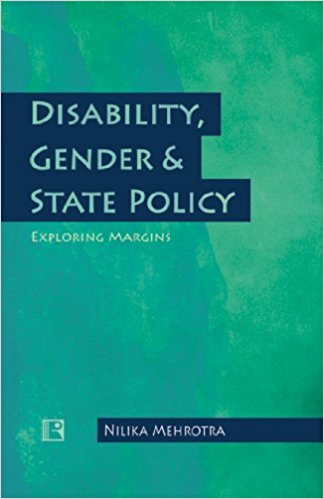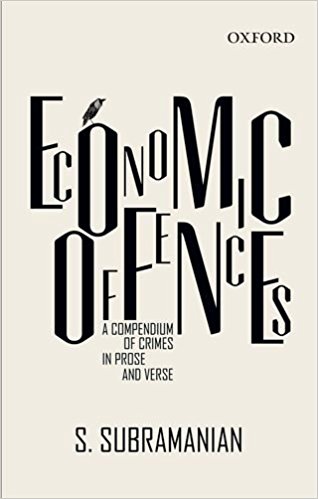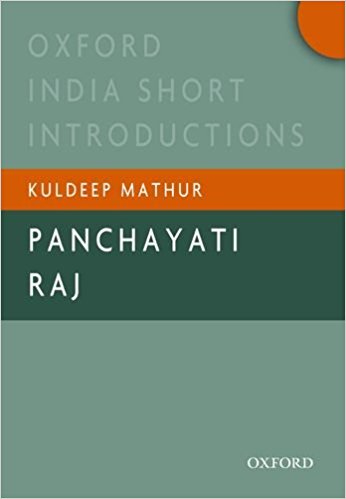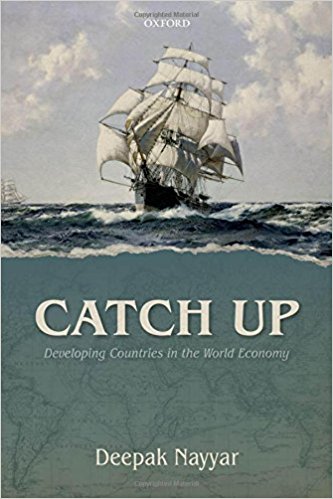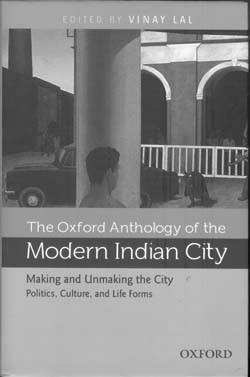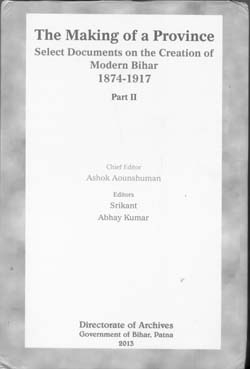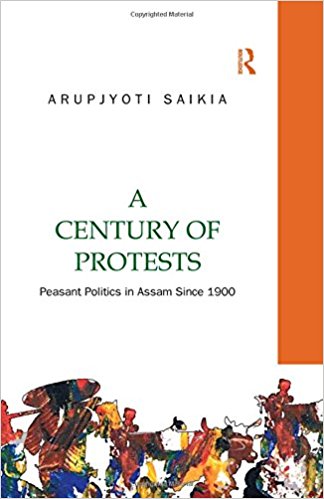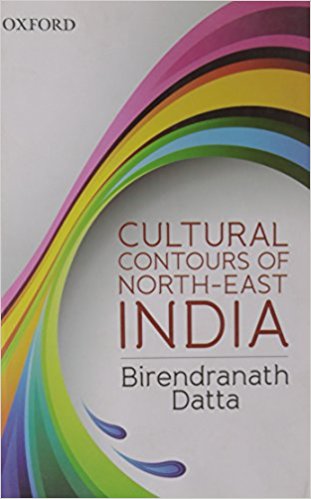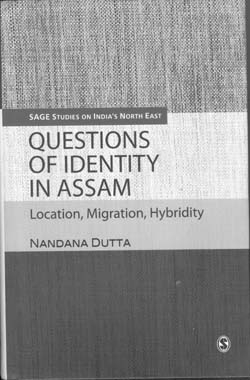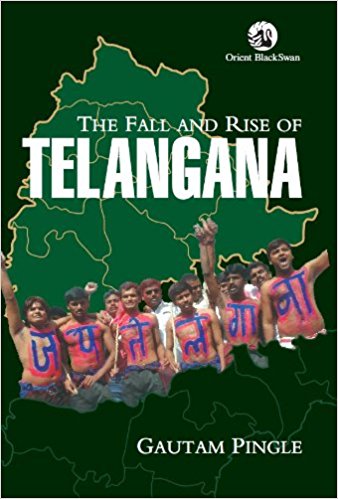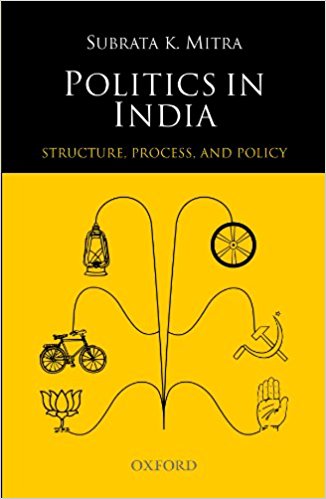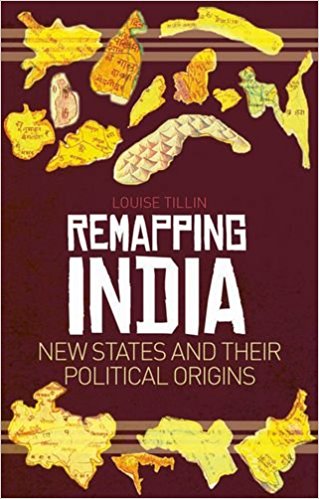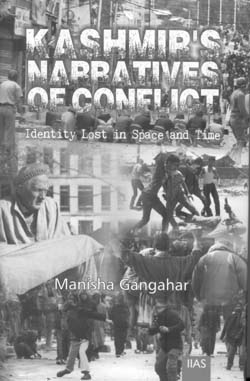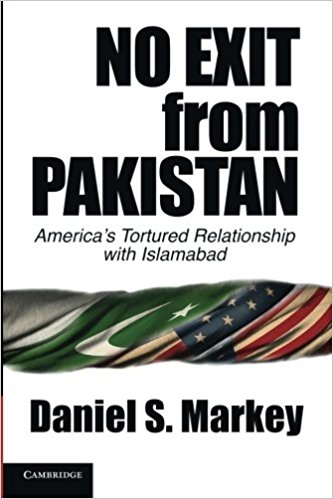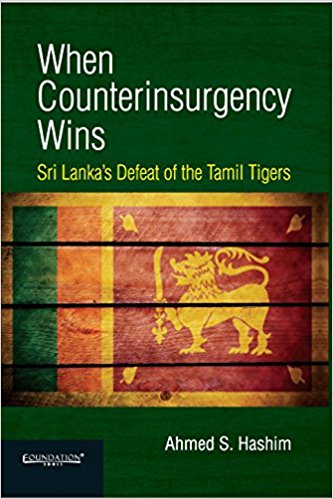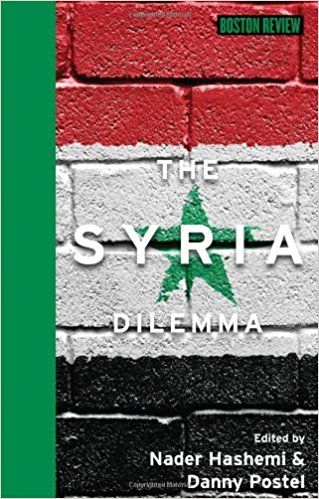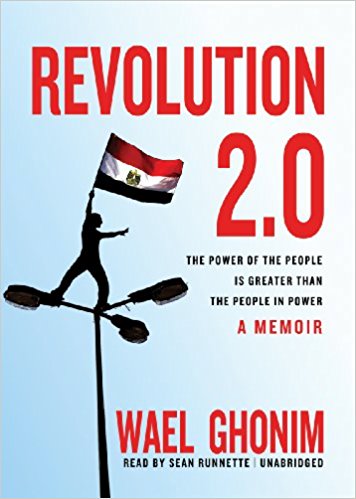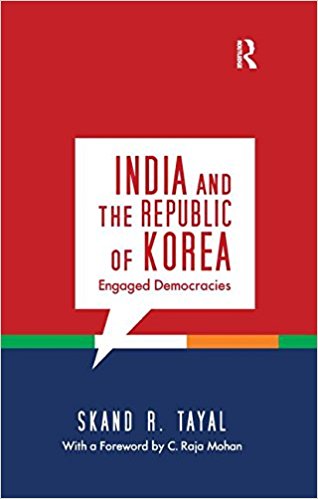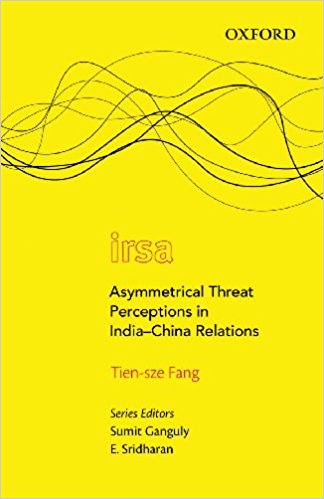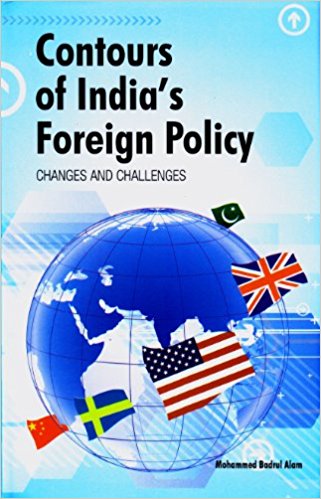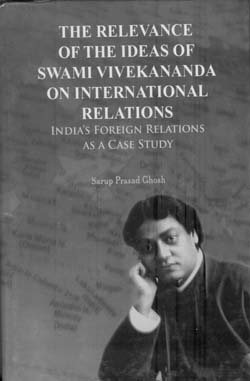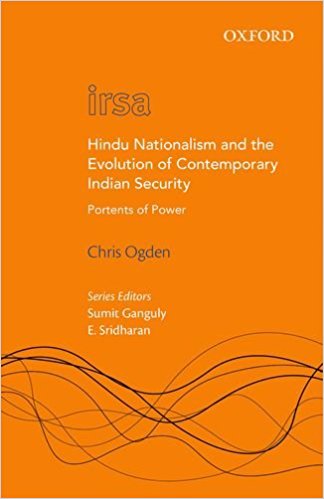The nature of poetry has always been held to be fictive. That is, it doesn’t record or report facts; and even if it is recording or reporting facts, the poet’s creative imagination works on them in such a way that the quality of factualness recedes into the background. Hence, Shelley’s famous observation in his A Defense of Poetry…
Archives
July 2014 . VOLUME 38, NUMBER 7This work is a collection of essays written over the past decade exploring the issue of disability, culture and society in the Indian context. The author is a sociologist working in one of the leading universities in the country giving the area of social science research and writing on disability an academic respectability…
The back page write up on this book reads thus: ‘A compendium in Prose and Verse of Crimes perpetrated after office hours on sundry aspects of economy and society by a lapsed social scientist in the cause of expanding the horizons and shaping the values of young and unpromising scholars.’
2014
The book under review opens with a con- ceptual framework for understanding local governance as it flows through the regions of good governance, decentralization and reforms in India. He has reiterated the fact that there is a vital need to shift the focus from ‘government’ to ‘governance’, there-by, emphasizing decentralization rather than delegation.
The book under review is fascinating and disappointing at the same time. It is a masterly survey of the developmental and economic history literature on the significant changes that have taken place in the global economy over a long historical period stretching into many centuries.
Long before the city became trendy, there was the Indian city. It existed in our colourful and incredible mythology. It existed when the first of human civilization took root on the subcontinent. It was central to the multiple kingdoms that flourished from corner to corner in this vast land for centuries.
Among the recent works on Bihar, men- tion may be made of Vinita Damodaran (Broken Promises, 1992), Papiya Ghosh (Community and Nation, 2008), Hitendra Patel (Communalism and the Intelligentsia, 2011), Narendra Jha (The Making of Bihar, 2012), Lata Singh (Popular Translations of Nationalism, 2012).
The postmodernist invasion has not only pushed certain traditional histories out of circulation but also relegated the extremely useful analysis of class and movements that Indian history was used to.
The book under review discusses the cul- tural contours of North East India in three key areas: the integrated approach to the understanding of history using folk materials; tradition and change in folk culture; and the pan-Indian connections of religion, epics, arts and crafts.
The question of identity vis-à-vis migra- tion in Assam is a much debated, highly complex, thoroughly contested issue. The issue is enmeshed in the cauldron of contending views and is delivered differently by intellectuals, administrators, media, and various elements of the Assamese social structure, including individuals both natives and the migrants.
The book under review seeks to critically analyse the factors, circumstances and processes that underlined the tumultuous and painful march towards the creation of the State of Telangana as the twenty-ninth State of the Indian Union marking the conclusion of a long-drawn struggle of the people of Telangana seeking separate Statehood for their region.
The year 2014 would be remembered mainly for a rather bitter, raucous, debilitating and personalized election campaign, which has not only driven the already polarized electorate to choose on the basis of religion, caste and ethnicity, but also enlarged the area of influence of marginal players transforming the political landscape of India for all time to come.
Indian federalism has of late been receiving greater attention from academics, policy makers, and the media within India, but more conspicuously, abroad. The age of treating the States in the Indian federation, condescendingly, as ‘glorified municipalities’ is passé. Since the onset of India’s reforms in the early 1990s…
The accounts on Kashmir will generally tell stories from a particular prism, explaining that either there is no problem and that peace has returned to the Valley after a violent phase, or keeping in mind the global concern for human rights, that the Kashmir issue is nothing but a case of Human Rights violations that needs to be addressed.
Since 2001, the United States led war on terror has consistently dominated the regional strategic discourse. Parallel to this has been the discourse on the ties between the US and Pakistan, its long-time ally ever since its creation in 1947.
The author has impressive credentials. With a doctorate from MIT, he has taught at the US Naval War College and lectured at Harvard’s Kennedy School. He is currently Associate Professor at the Rajaratnam School of International Studies (RSIS), Nanyang Technological University, Singapore. The catch is that an American of Turkish-Egyptian origin…
Simply put, there is no good option in Syria. Not only has the time passed for the international community to be able to effect an internal solution to the crisis inside the country, the geopolitical dynamics outside Syria are also changing at a rapid pace. So even if there was a good solution today,
The memoir under review is a chronicle of Egypt’s ‘Arab Spring’ from an author who not only had a ringside view of the events as they unfolded but played an important part in channelling the people’s pent up emotions.
When, in 1977, I got a Korean Govern- ment scholarship to study Korean at the Seoul National University, everyone in the family wanted to know where it was.
Various studies recently by the World Bank, Goldman Sachs, Citibank and others have indicated that China and India are poised to enhance their economic profile further in the international arena.
The book under review, a collection of essays, is thematically divided into four sections. It juxtaposes the Indian state within the broad process of globalization and sees it as an influential power as a result of its growing military and economic might.
It is often noted that International Rela- tions in India does not have a culture of meaningful internal criticism. Groups of scholars may occasionally comment on policy implications of one another’s work, but scholarly criticisms that are fruitful for new knowledge are hard to find. Why? Some fault tardy work ethics of scholars; others blame the disrepair of institutions.
There is little doubt that domestic politi- cal ideologies, ideas and personalities play an important role in the foreign policies of states. We can hardly talk about Indian foreign policy without considering Jawaharlal Nehru’s personality or his ideological predilections, or for that matter that of others including Indira Gandhi or Morarji Desai.
At the time when India was on the cusp of Independence, it could be said with a fair degree of confidence that the expecta-tions of its people did not exceed their collective hope. The role of its political leader-ship then was to organize this economy of hope in the state’s favour.

